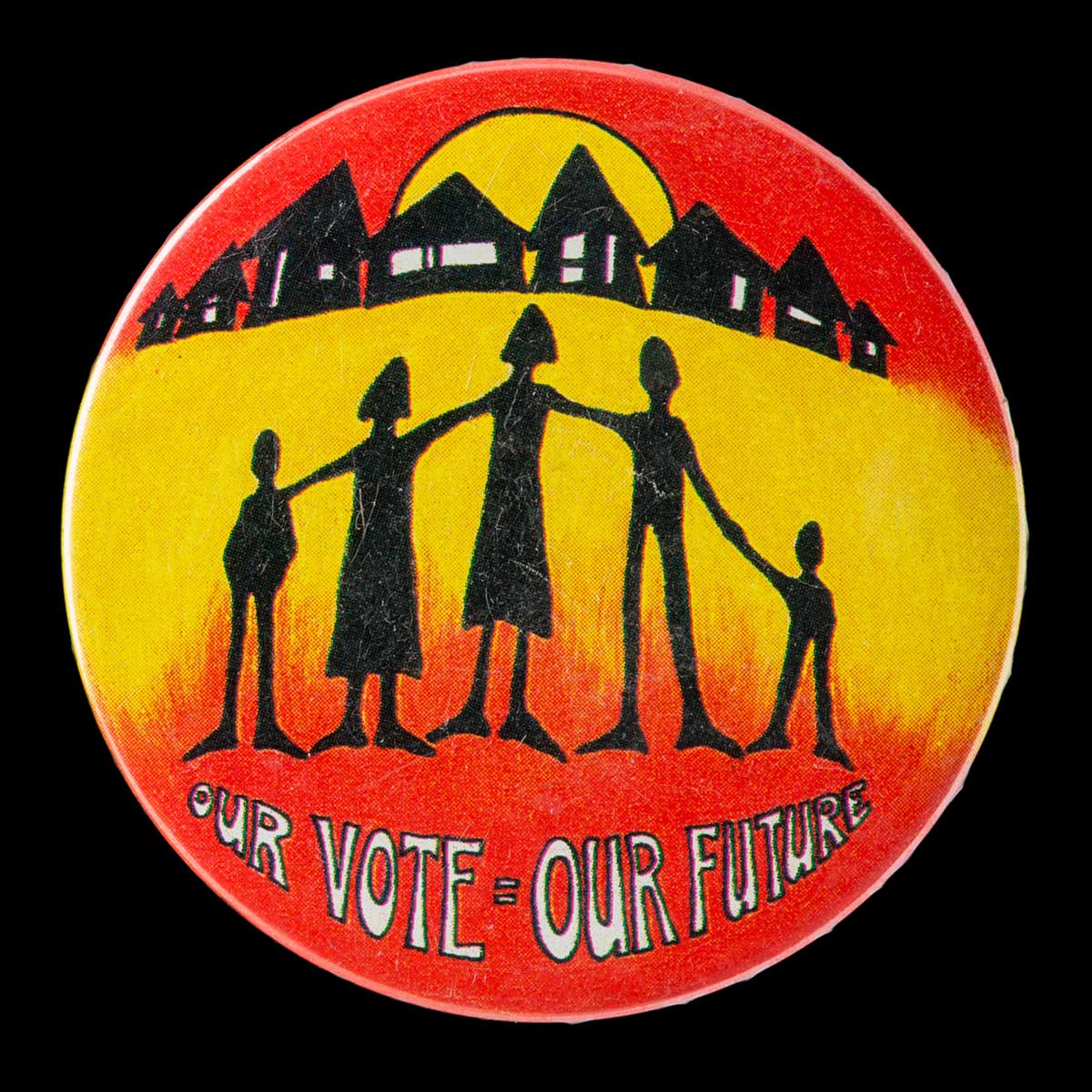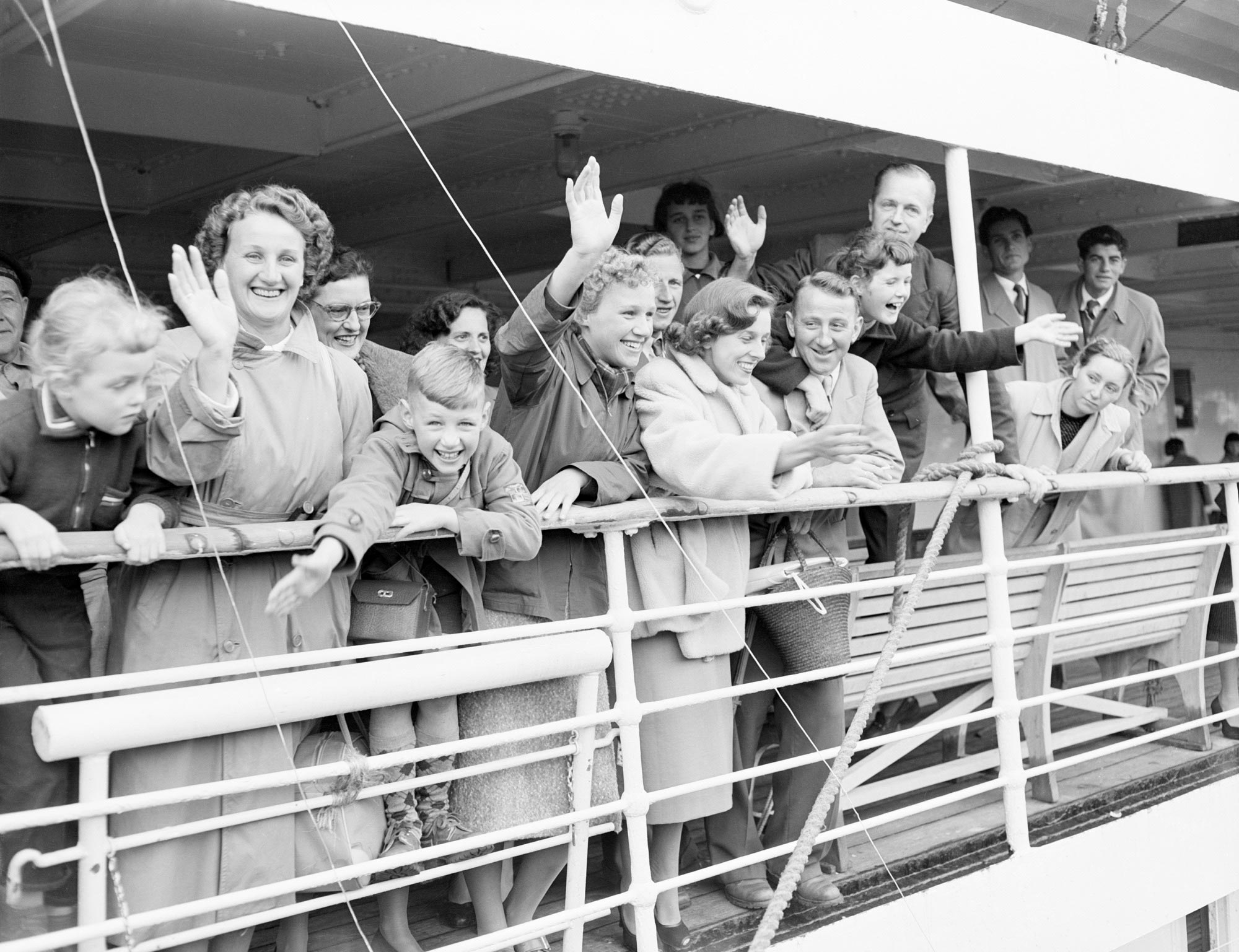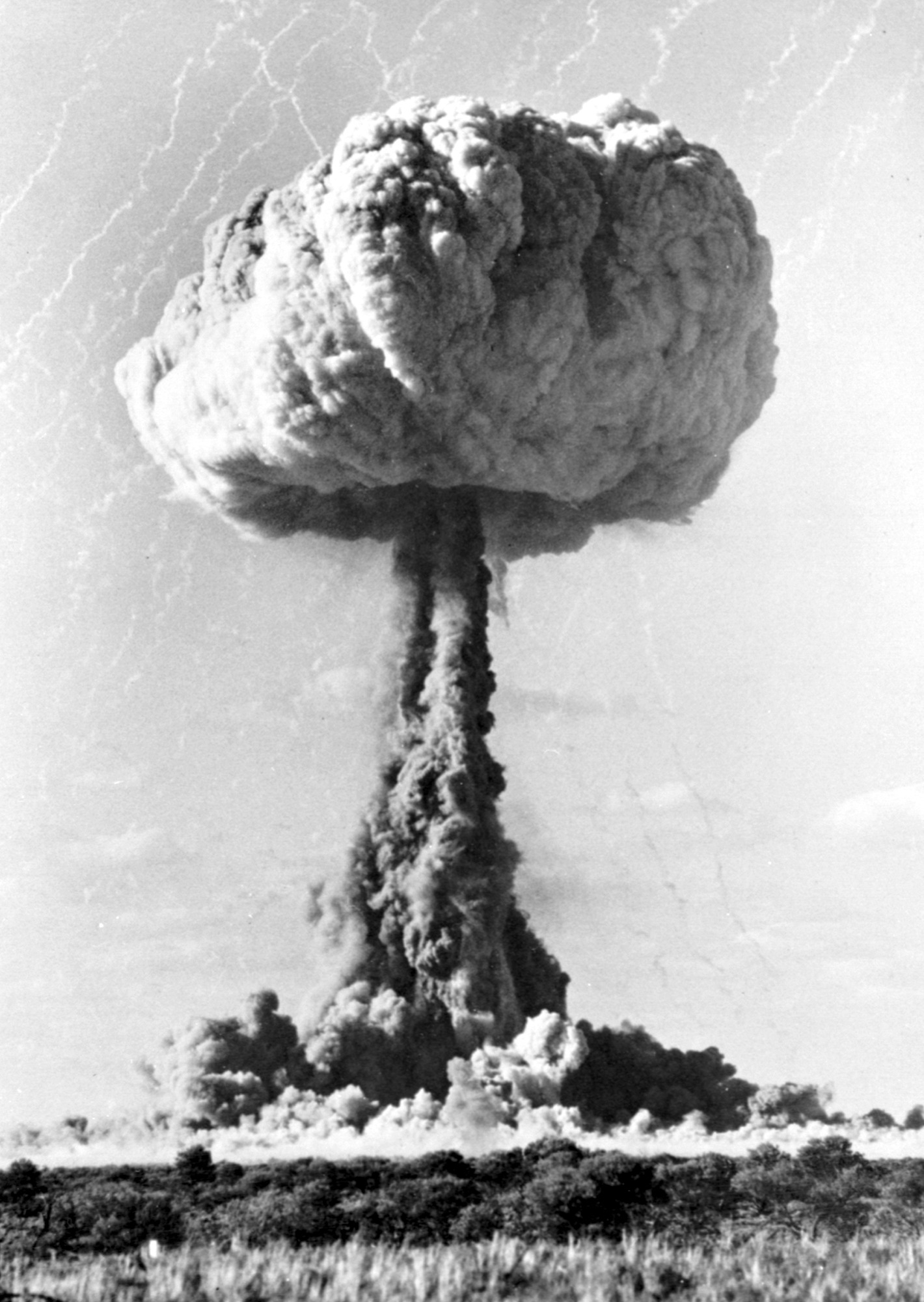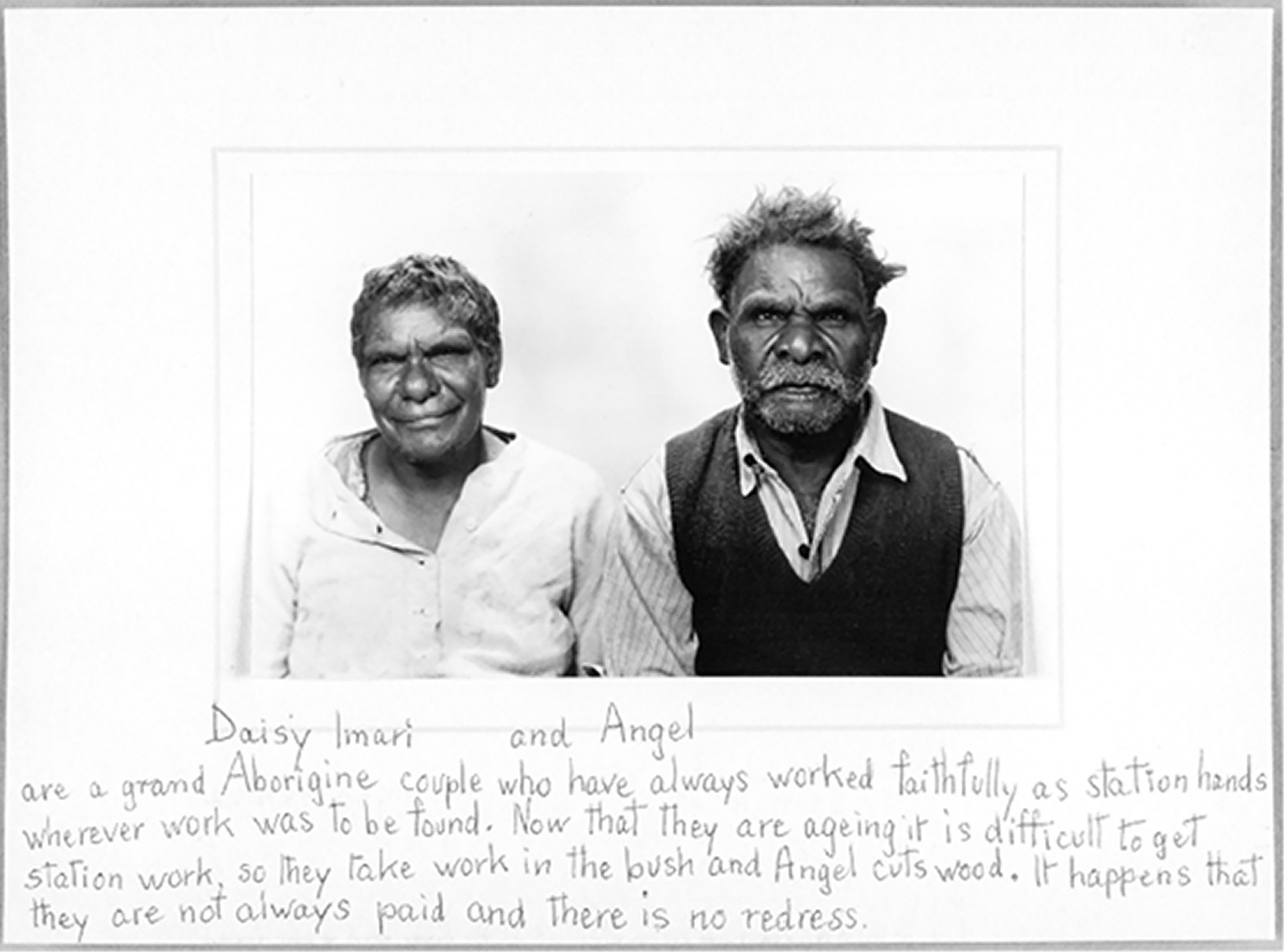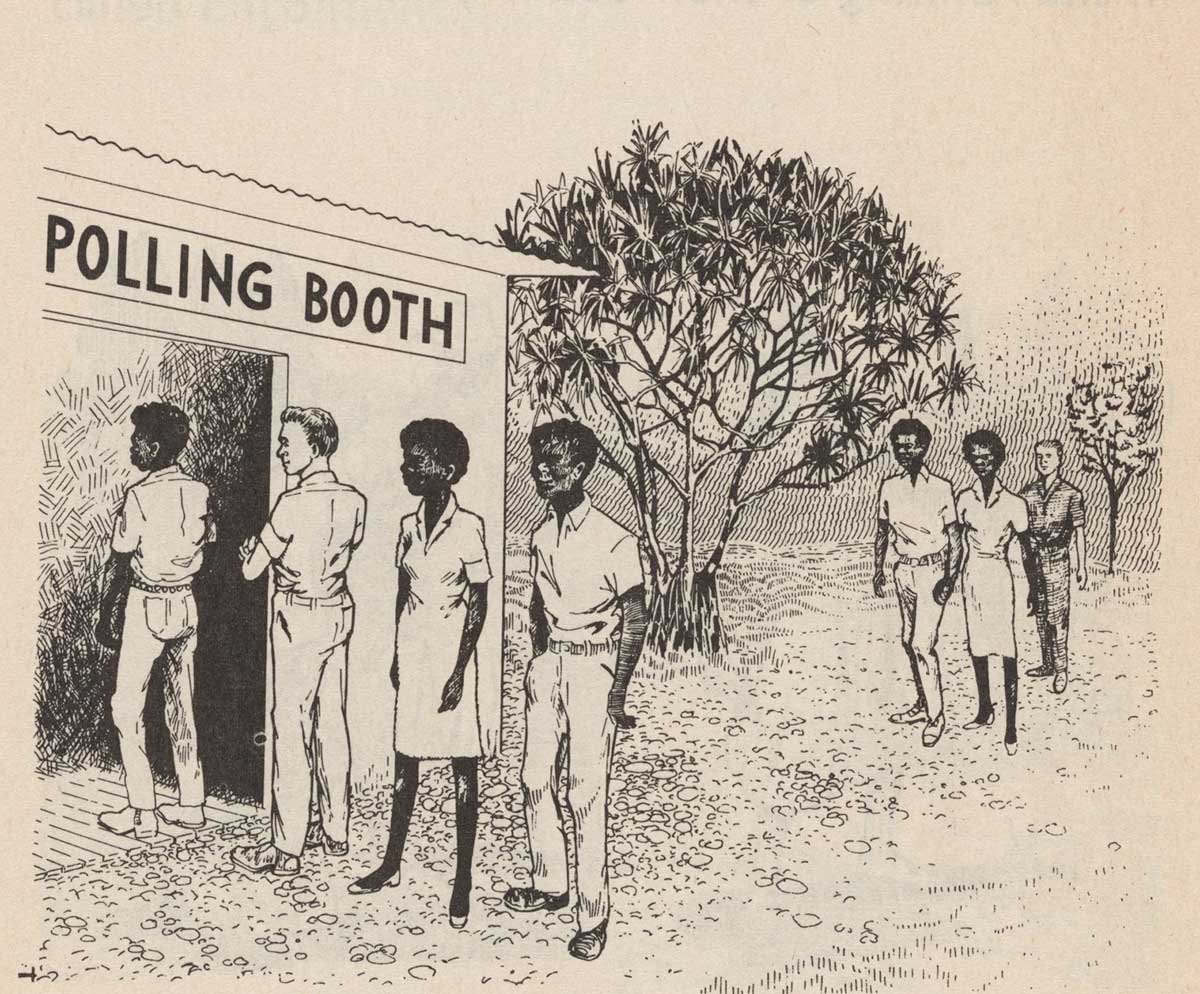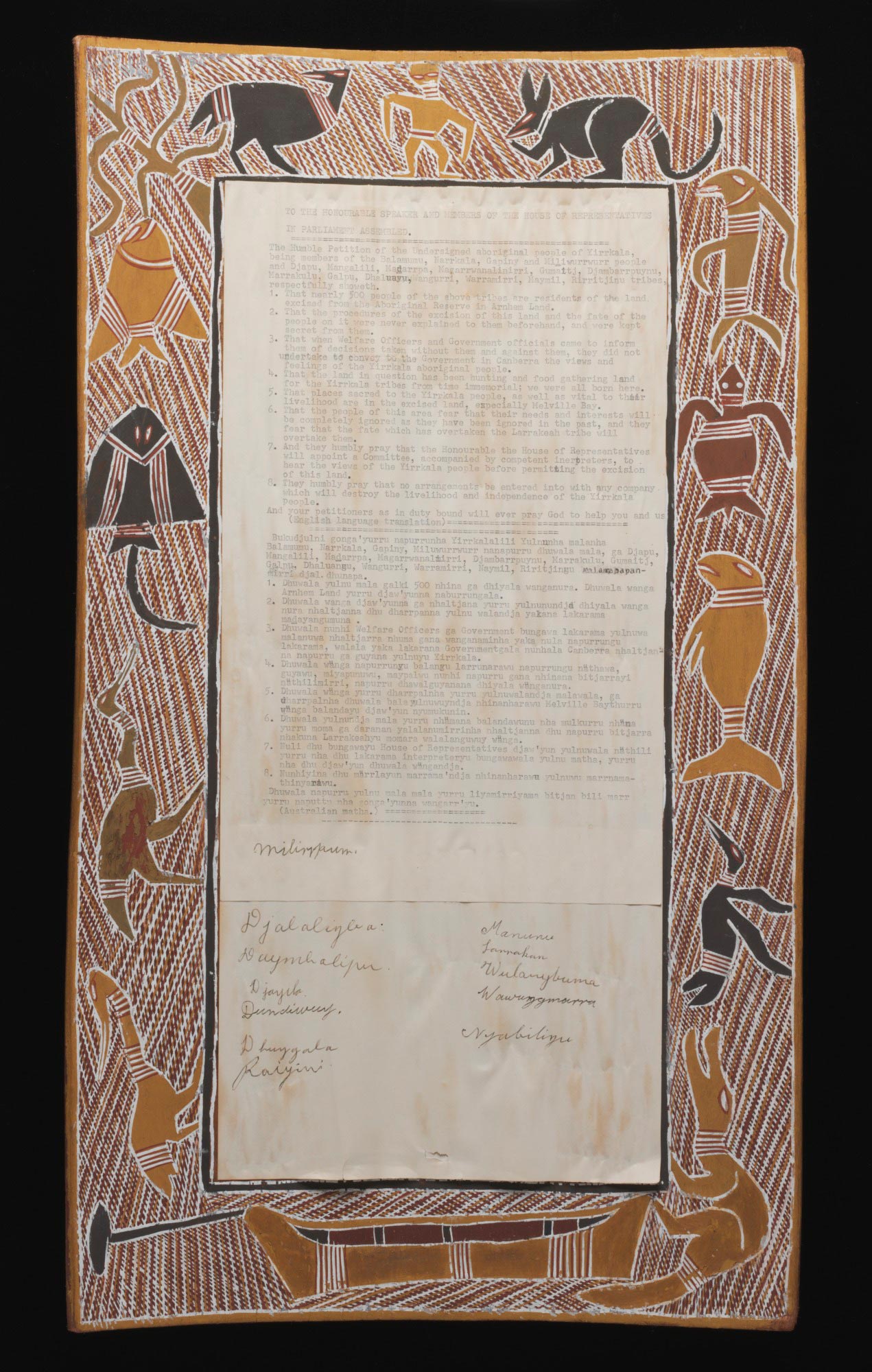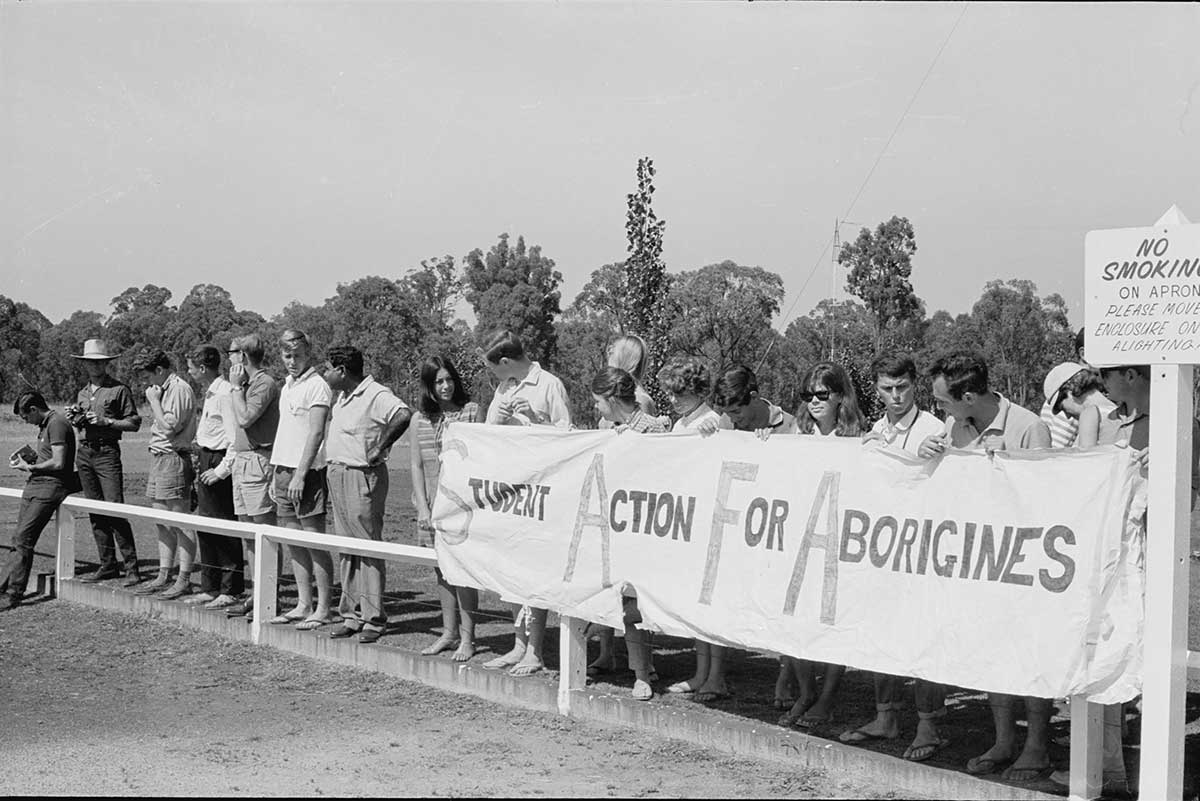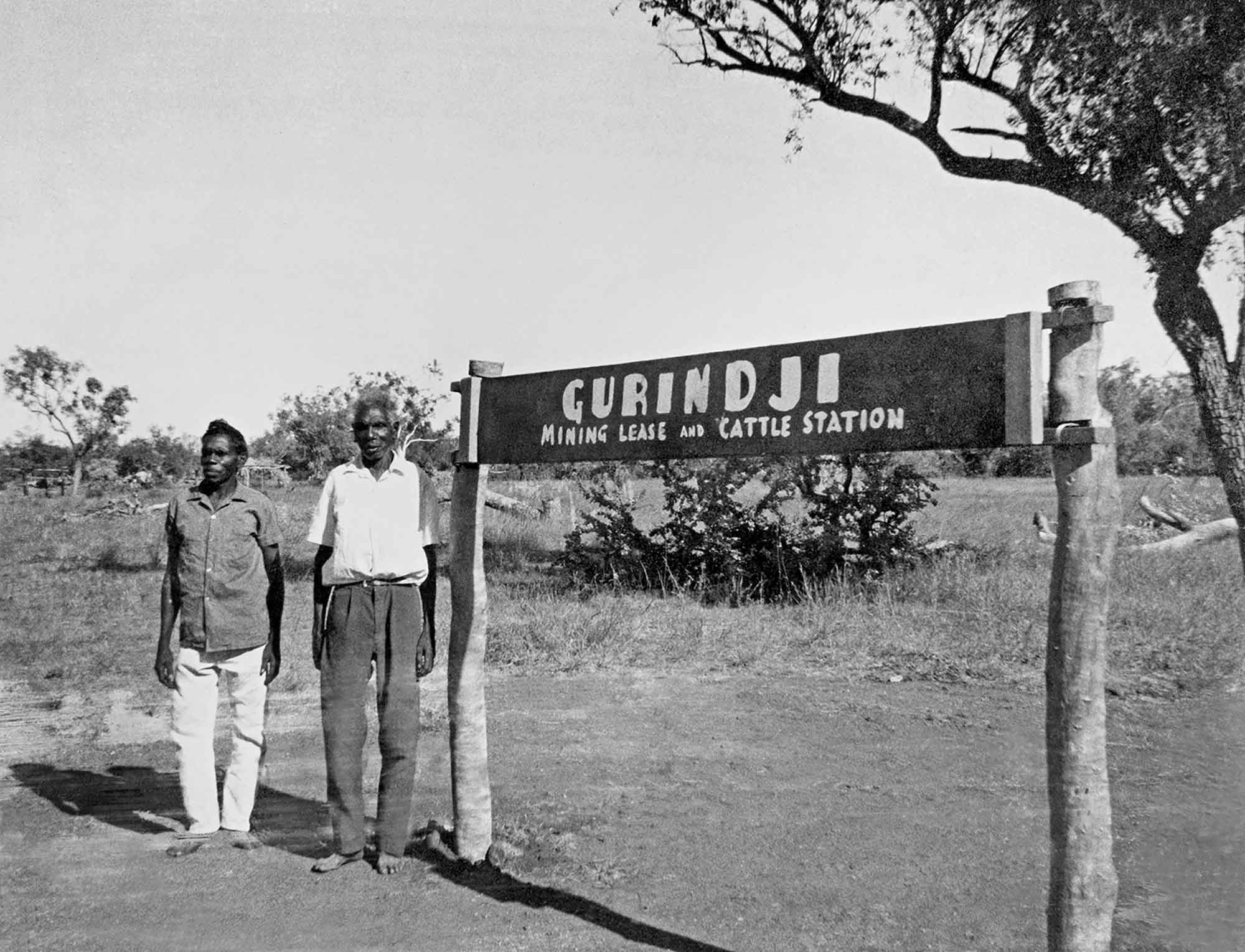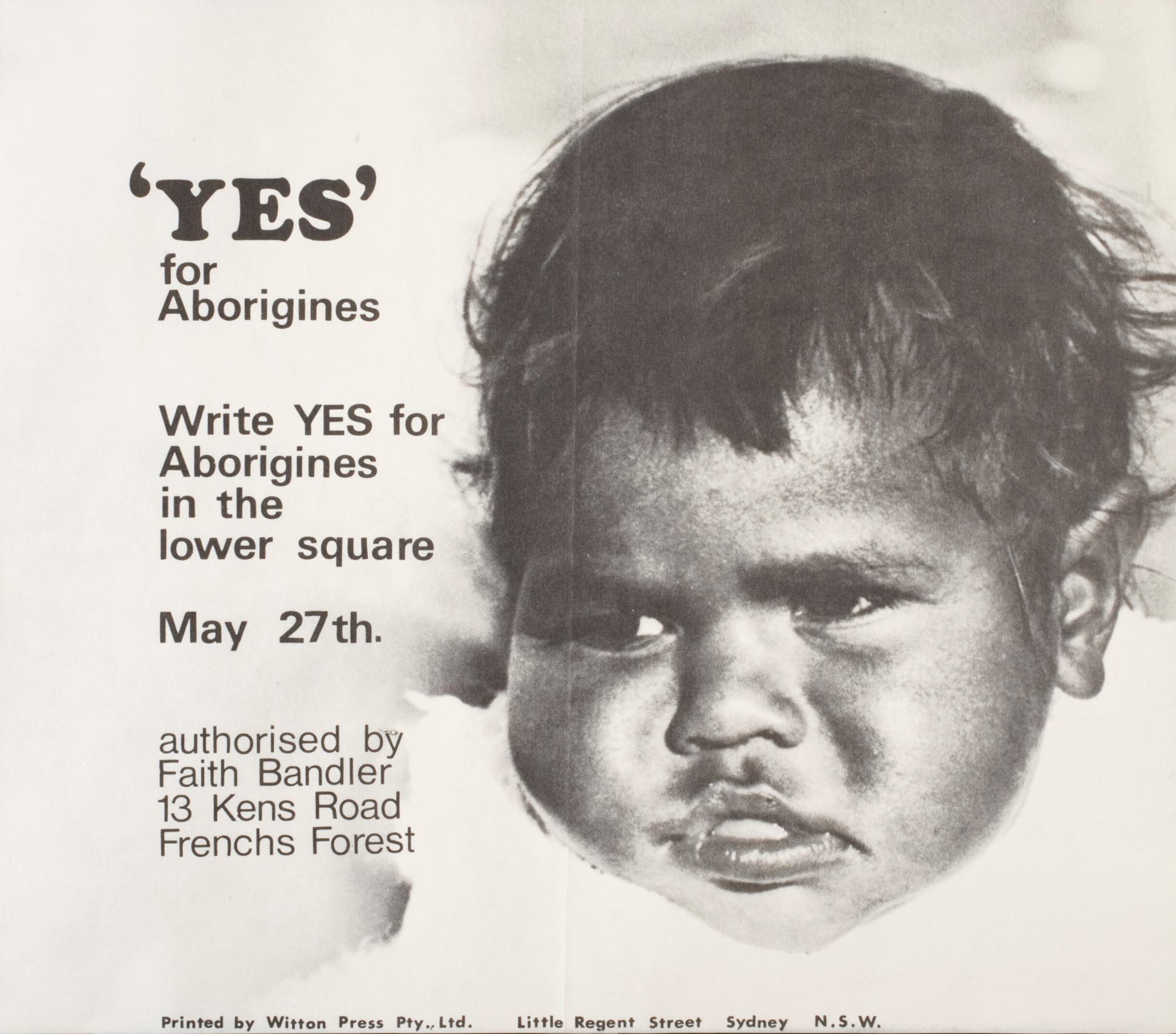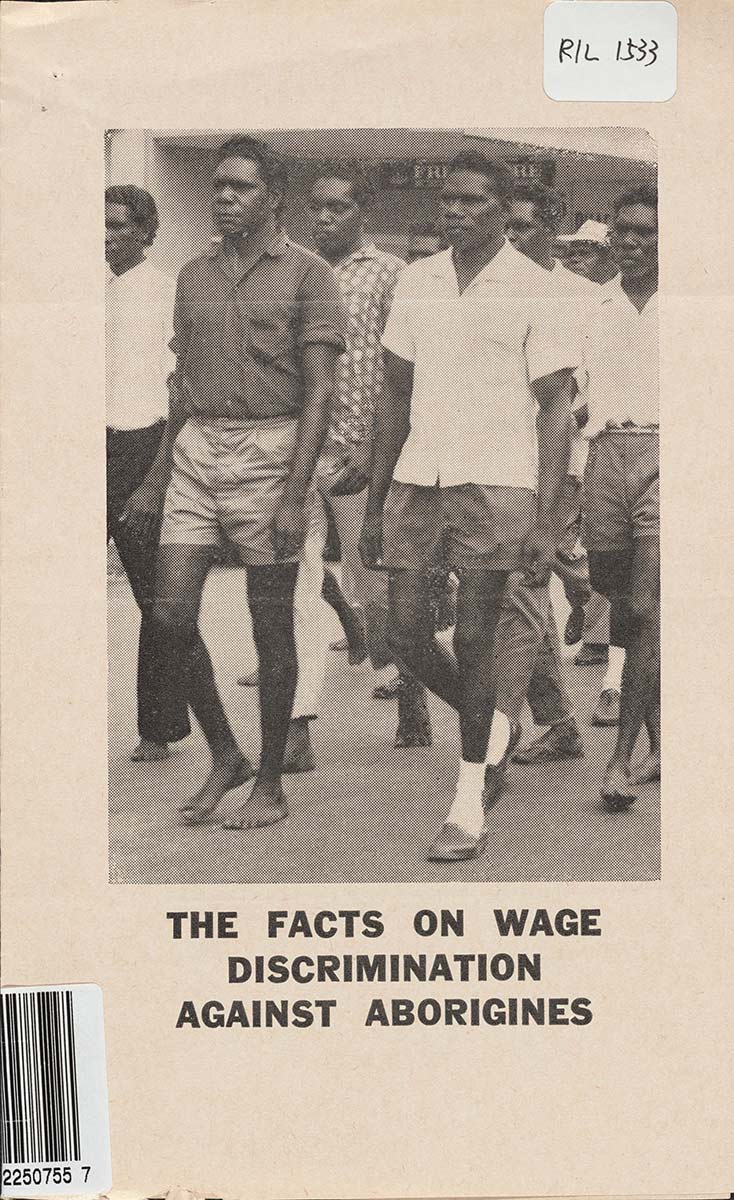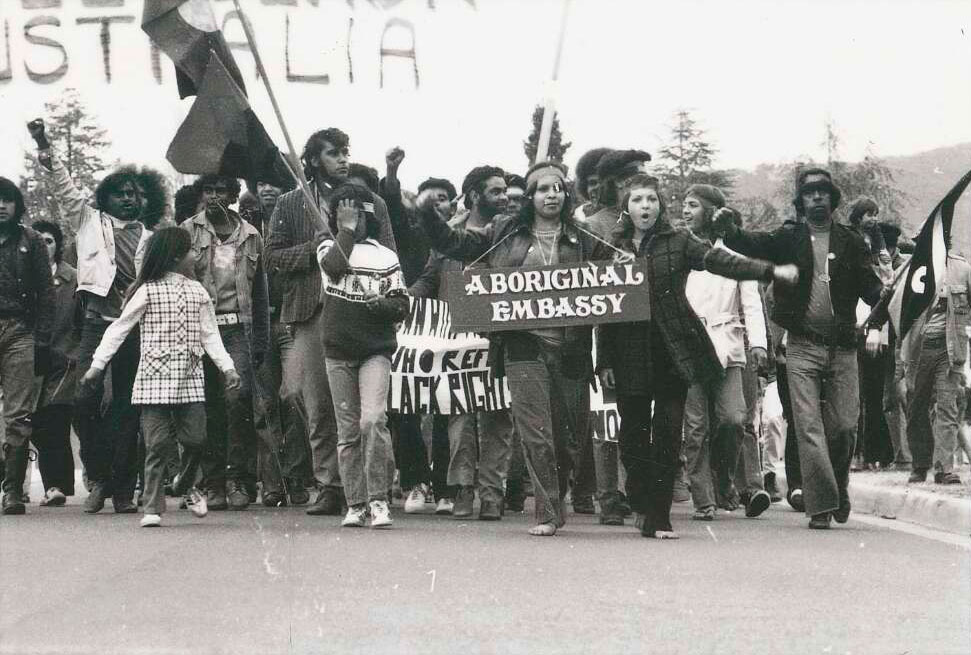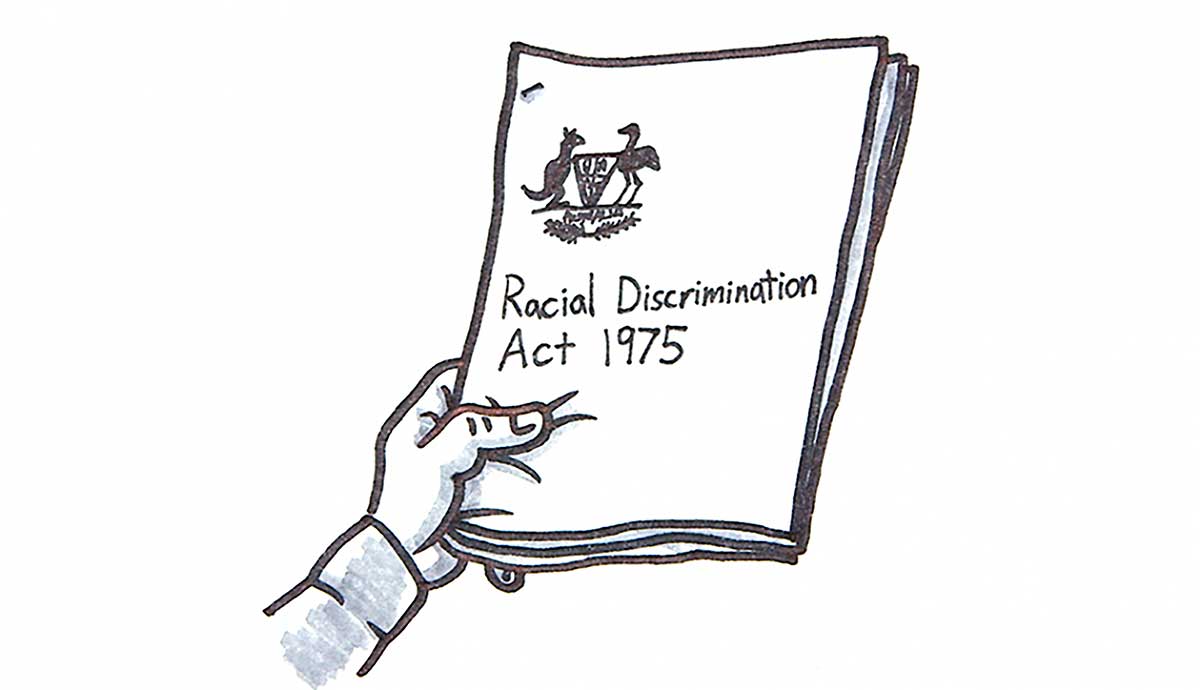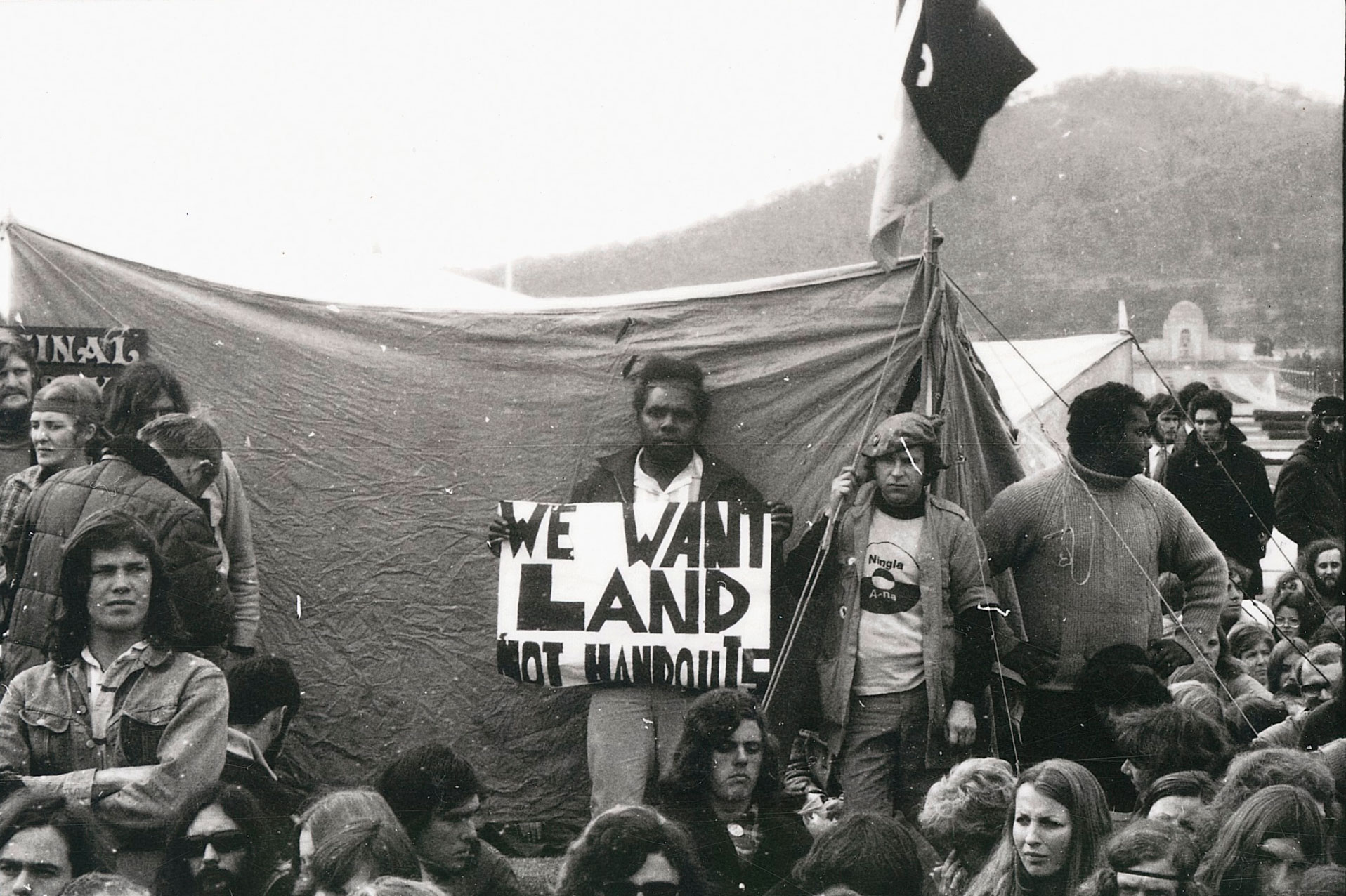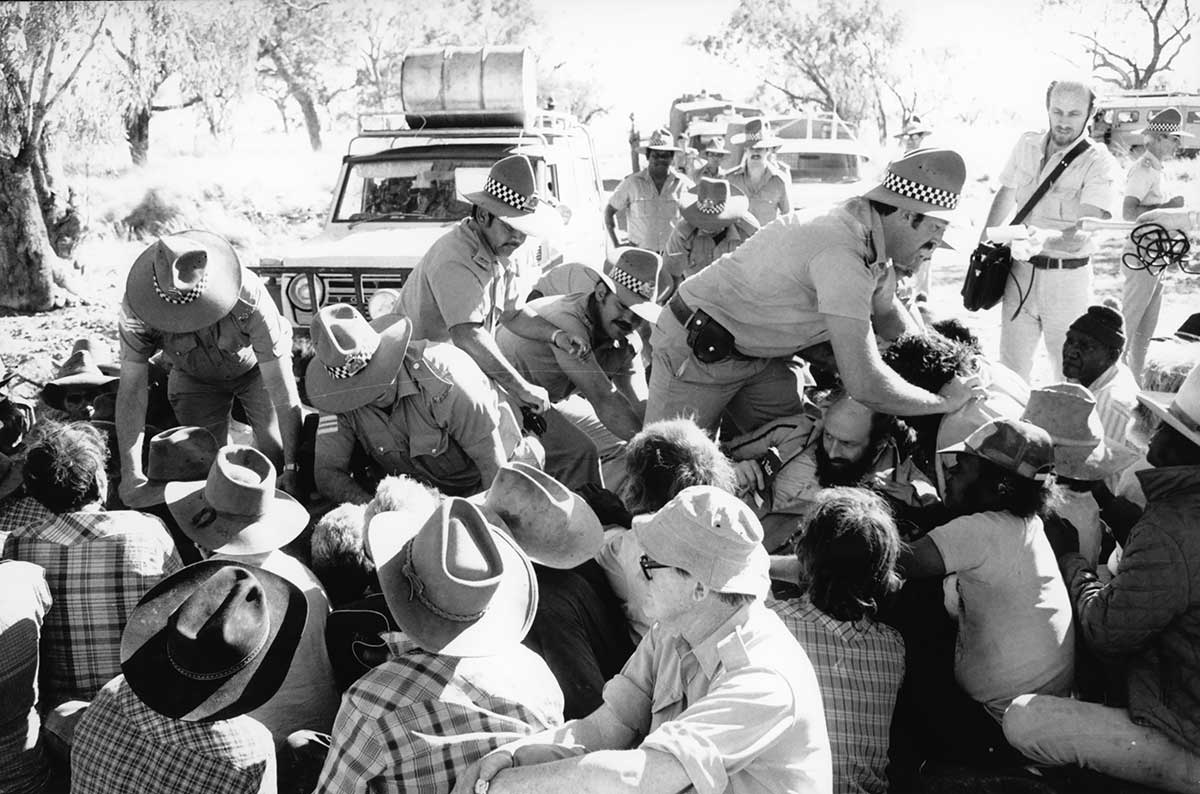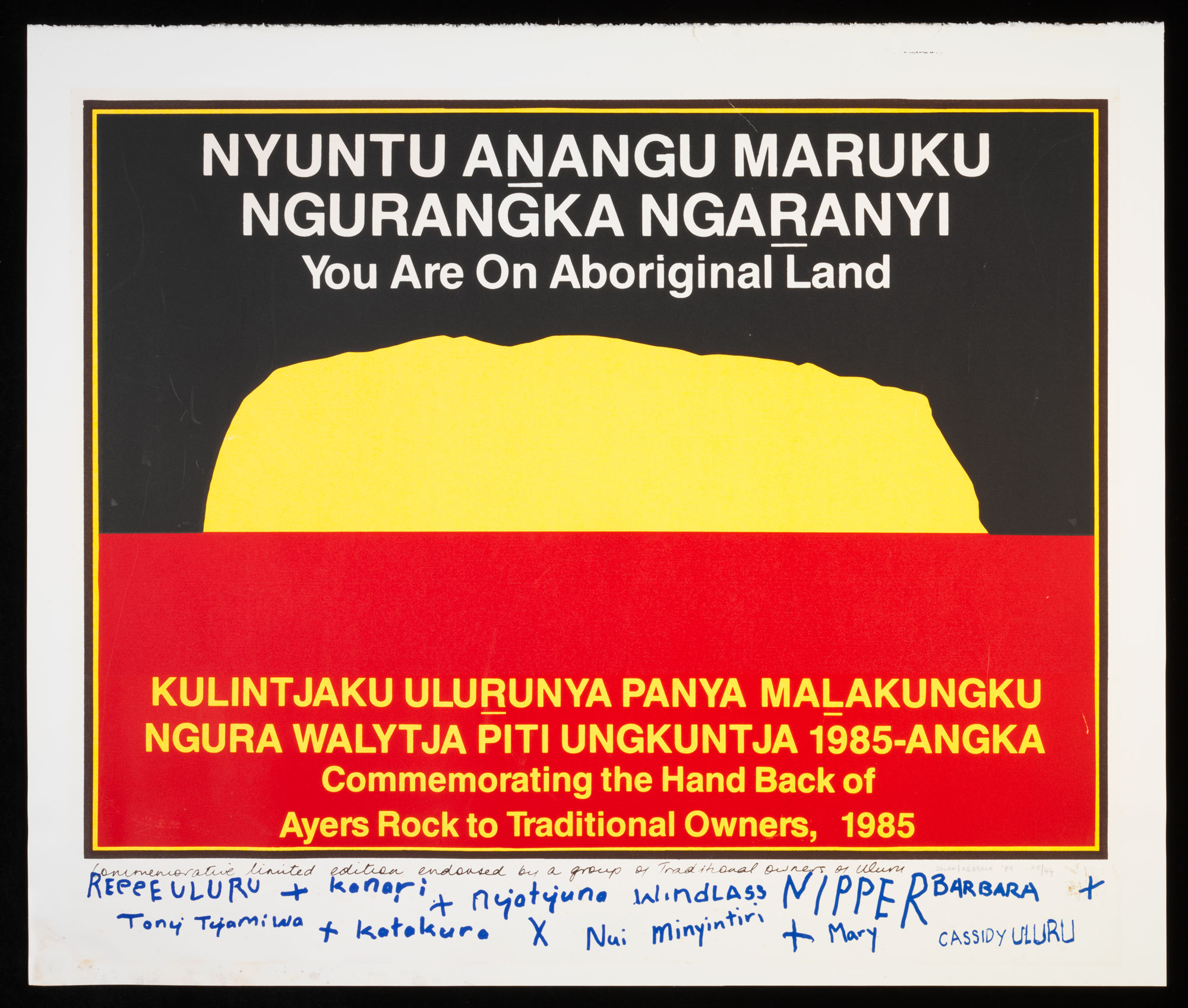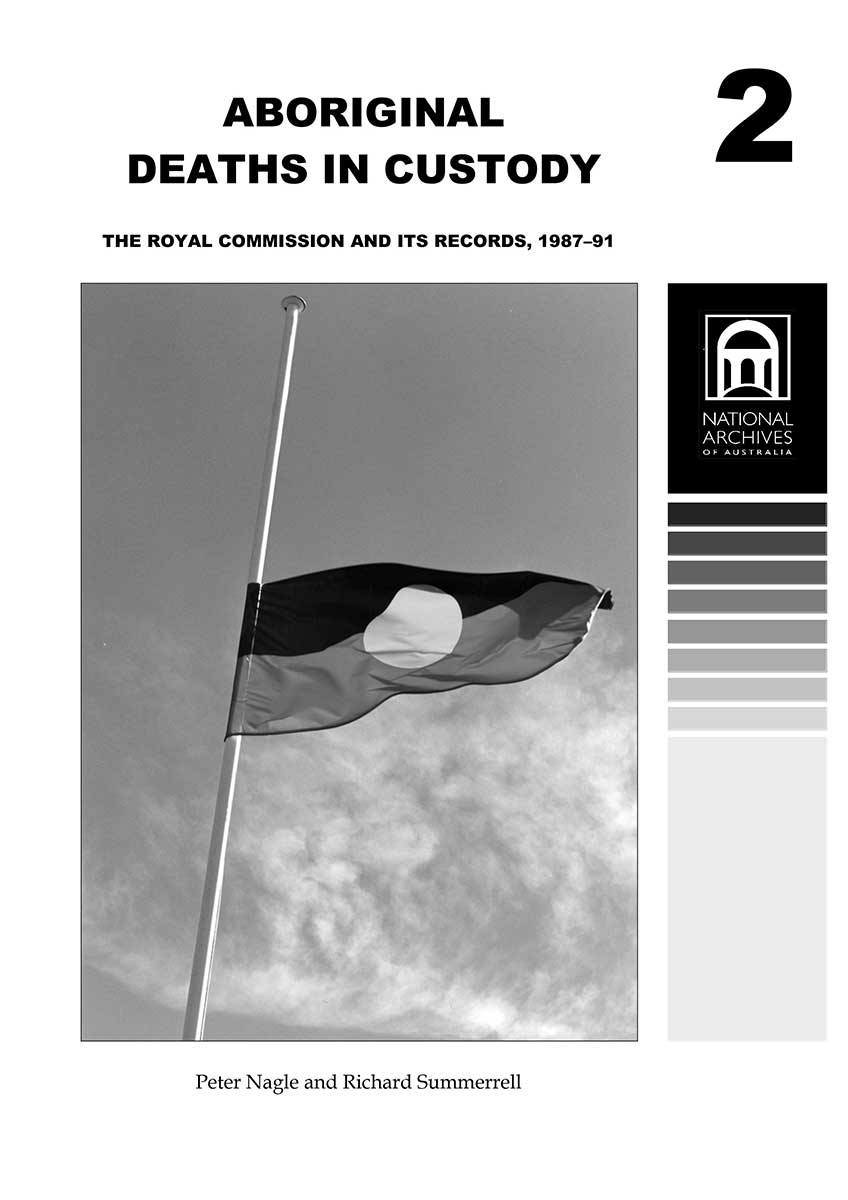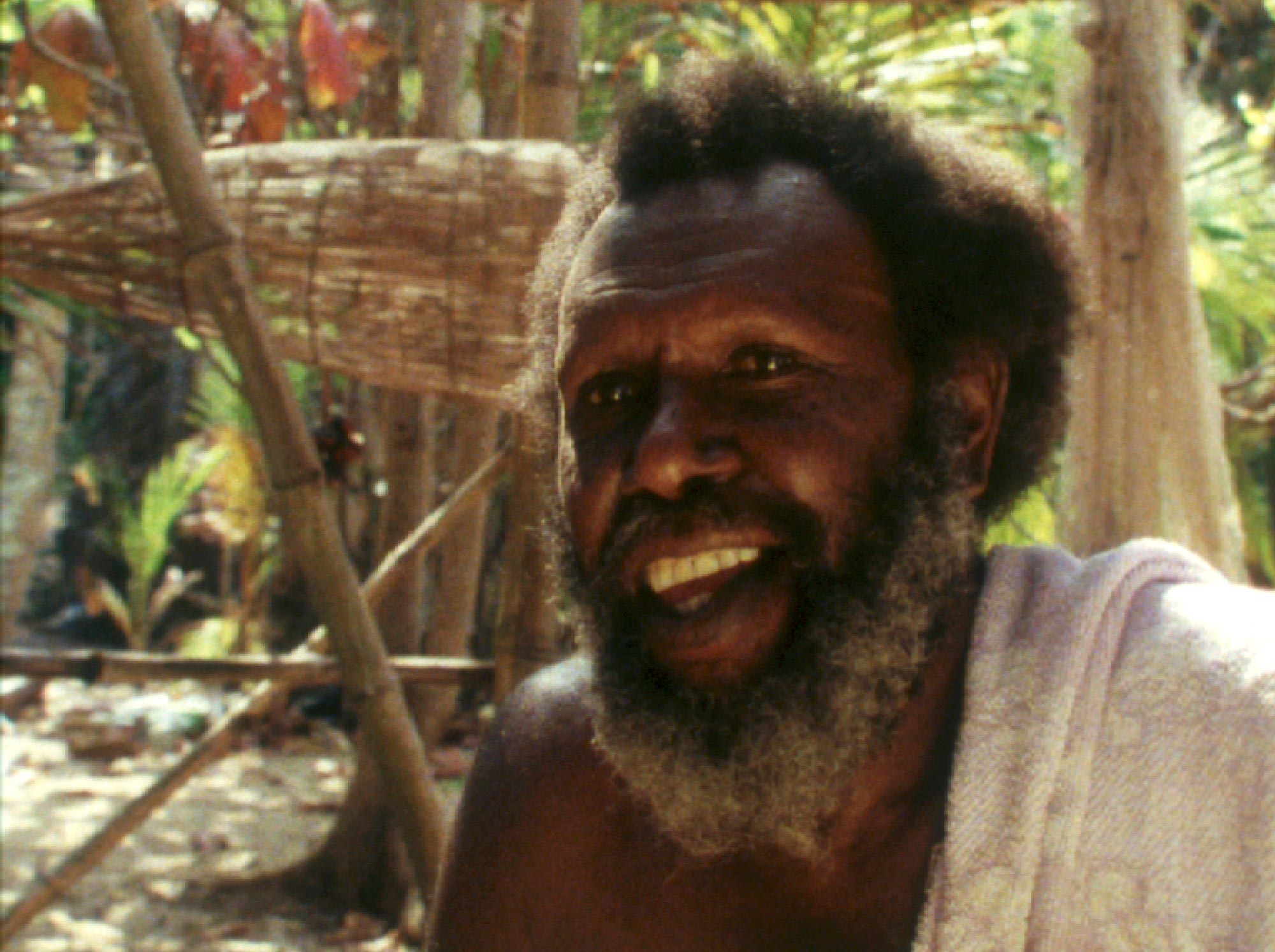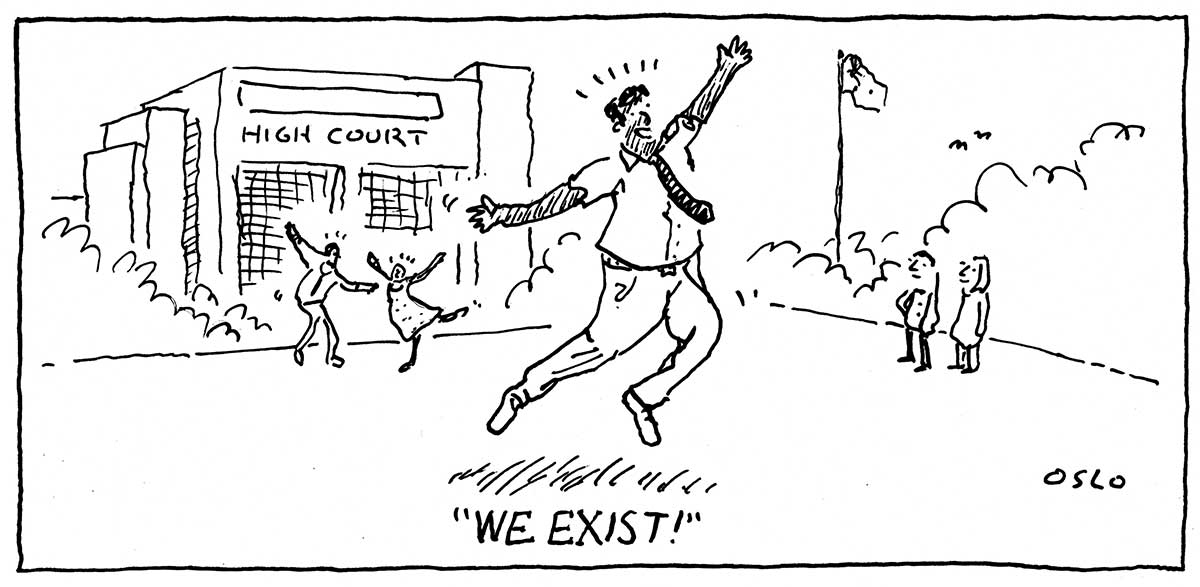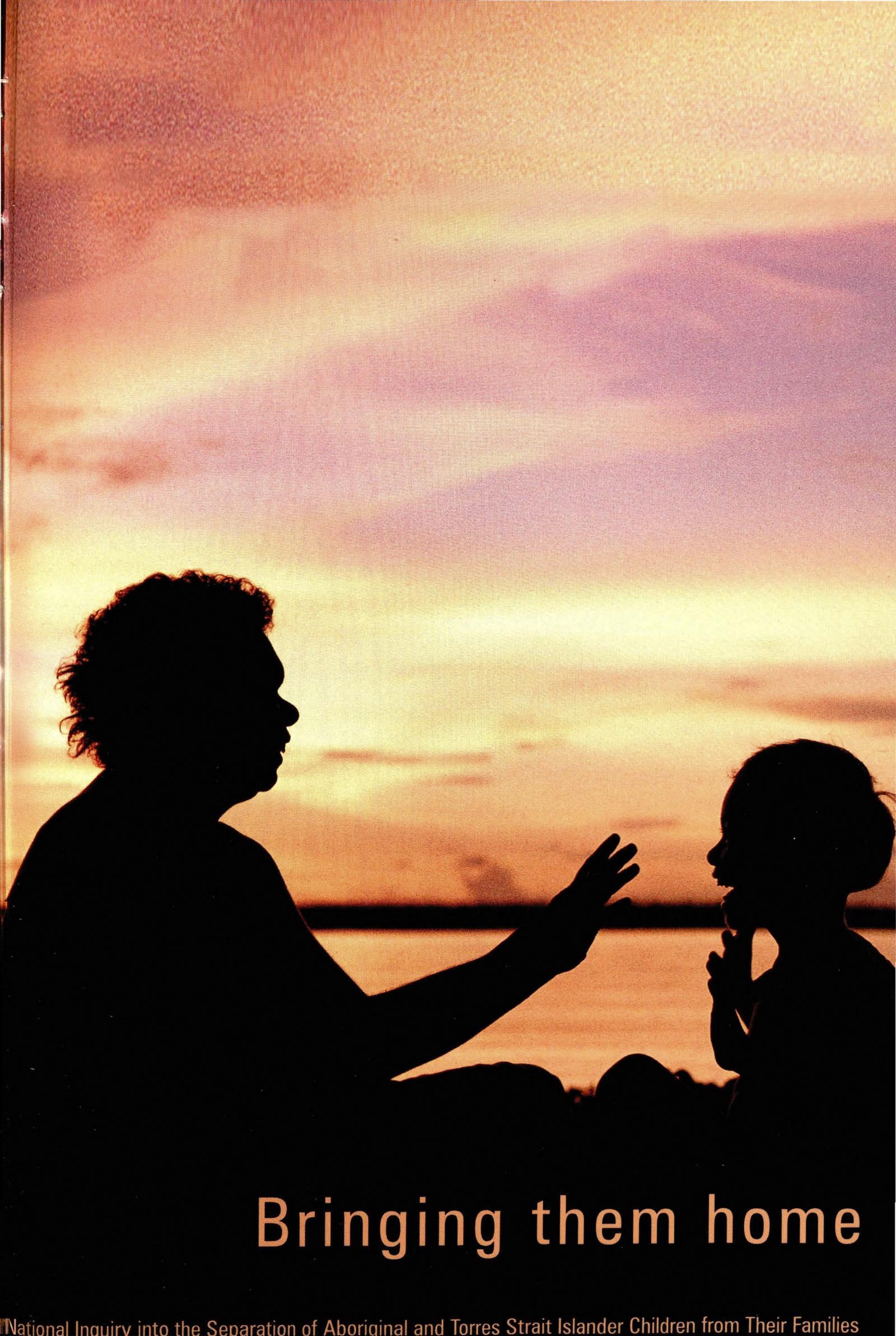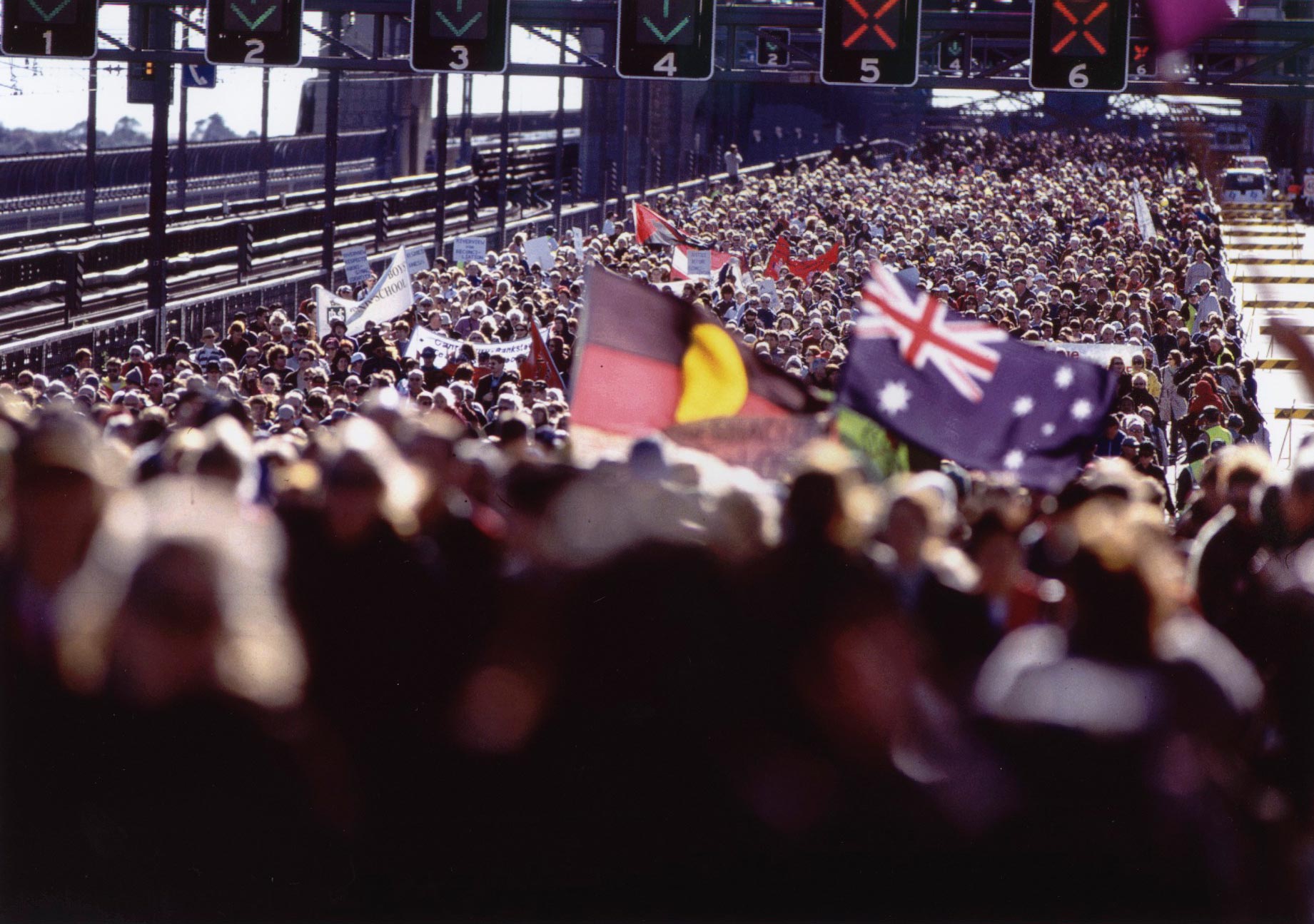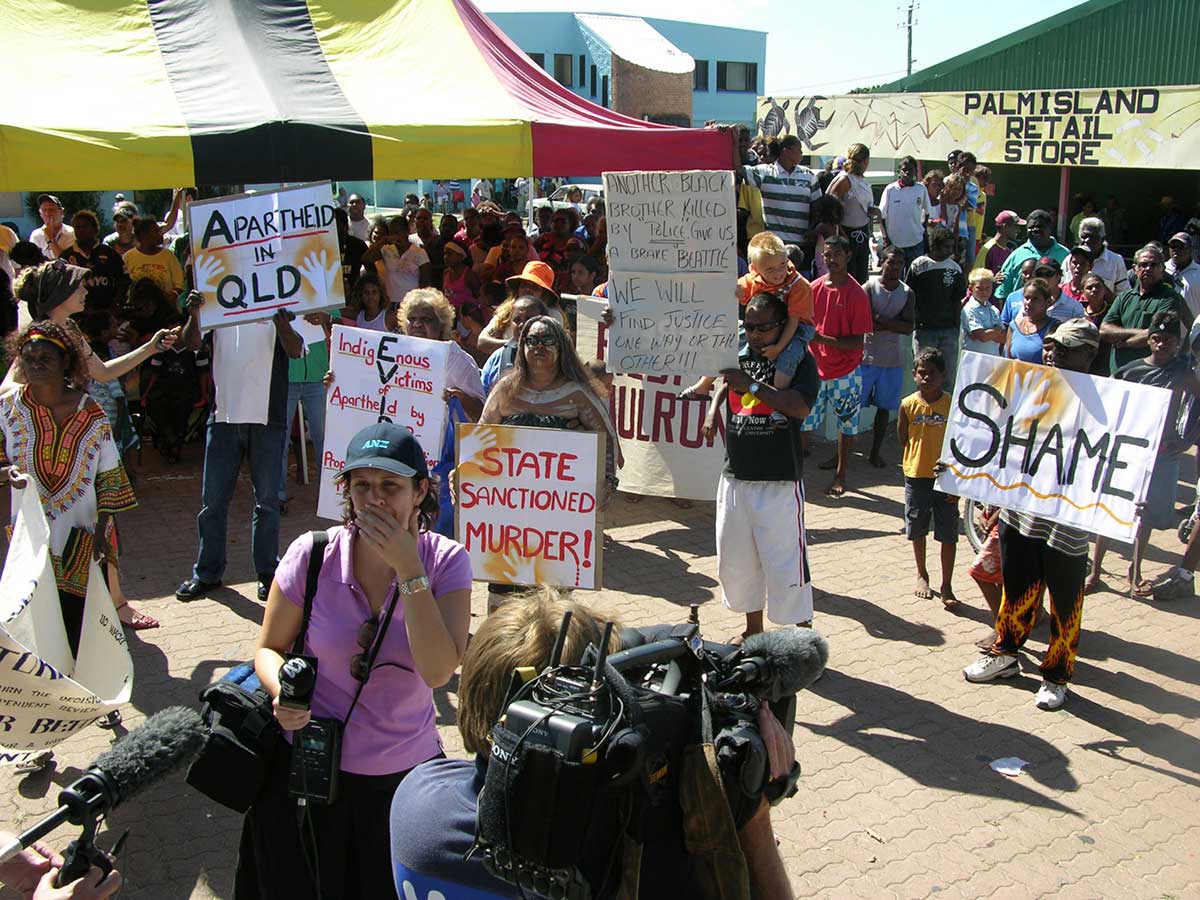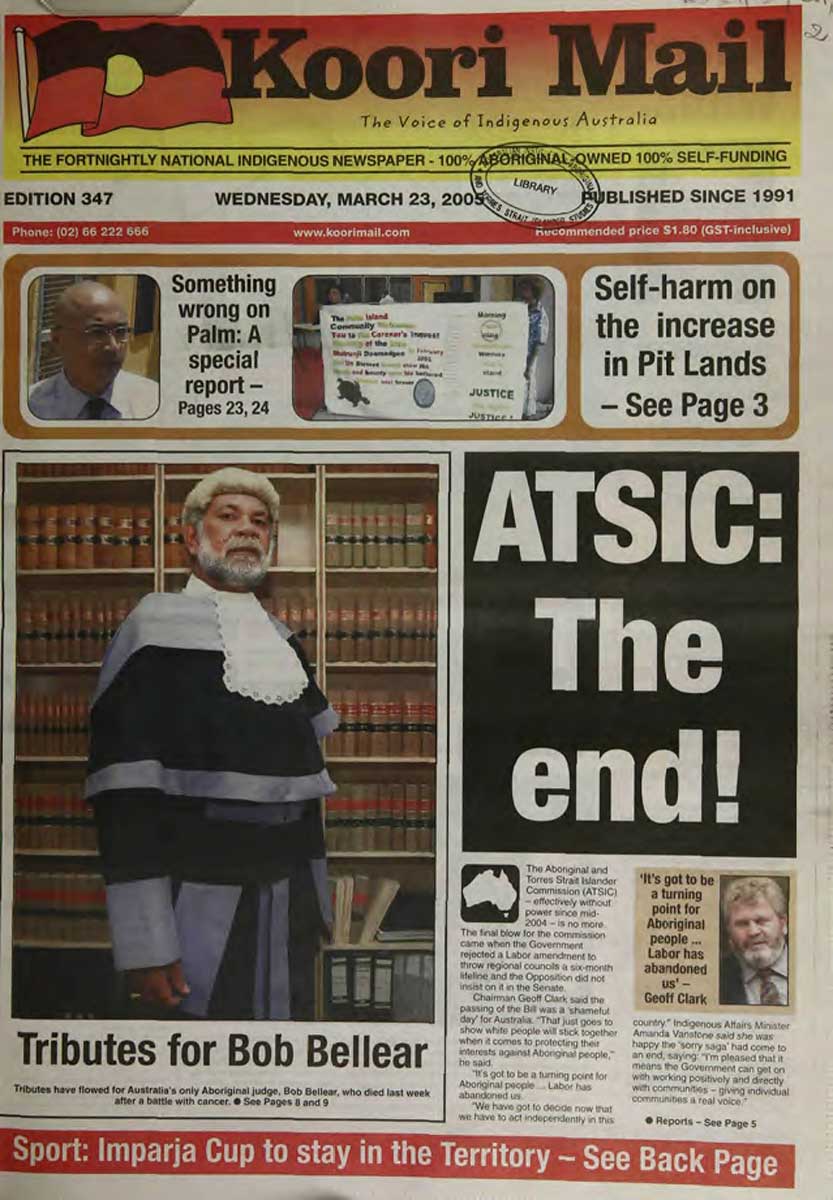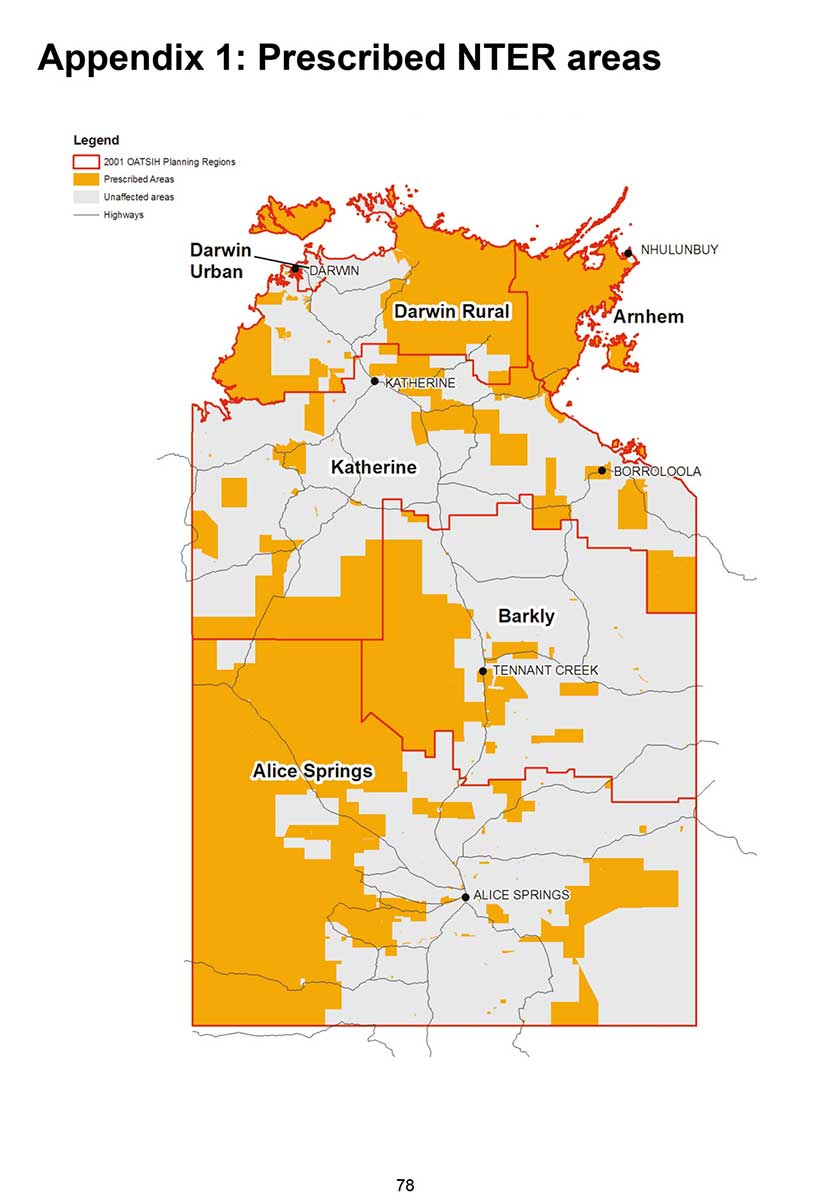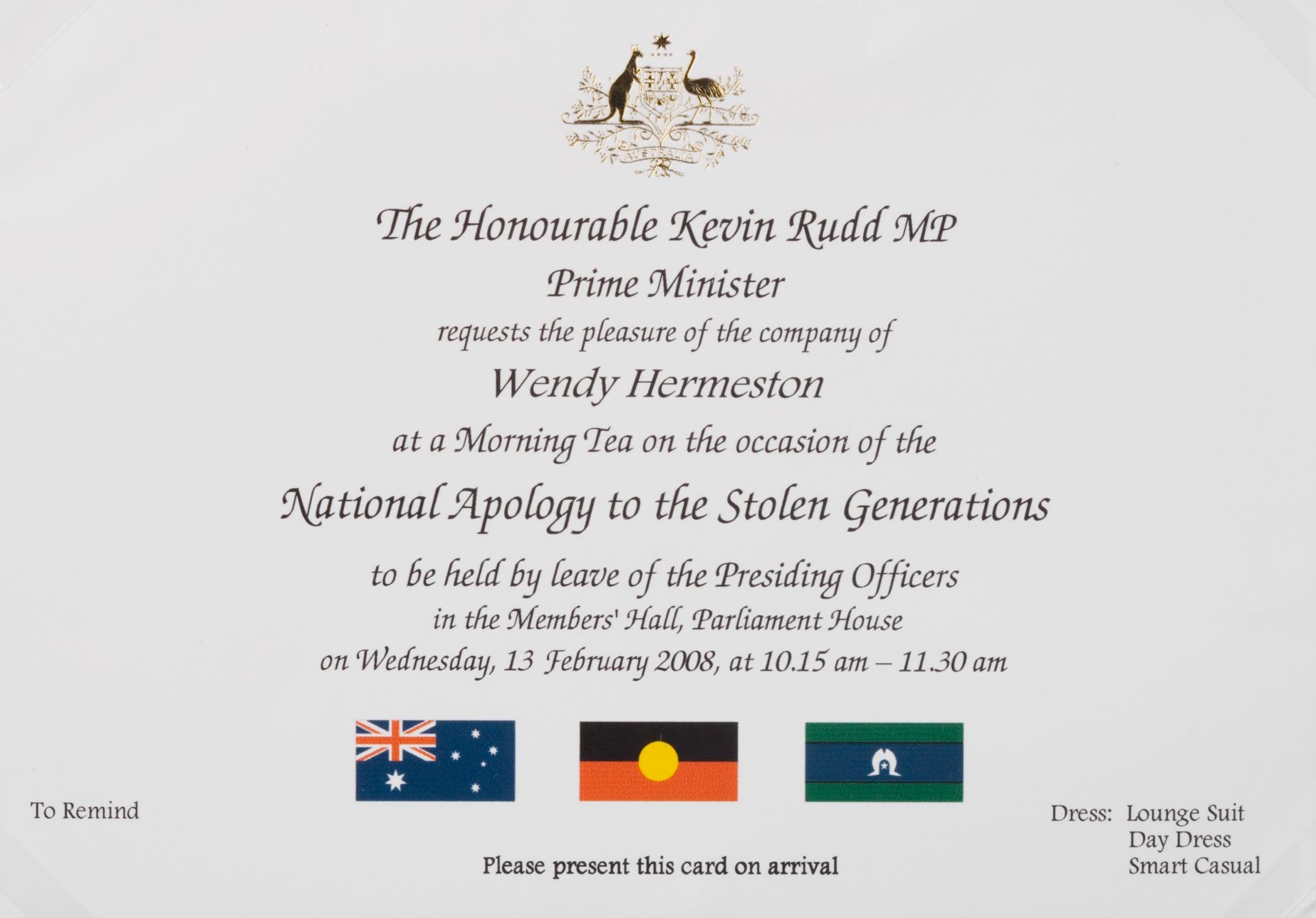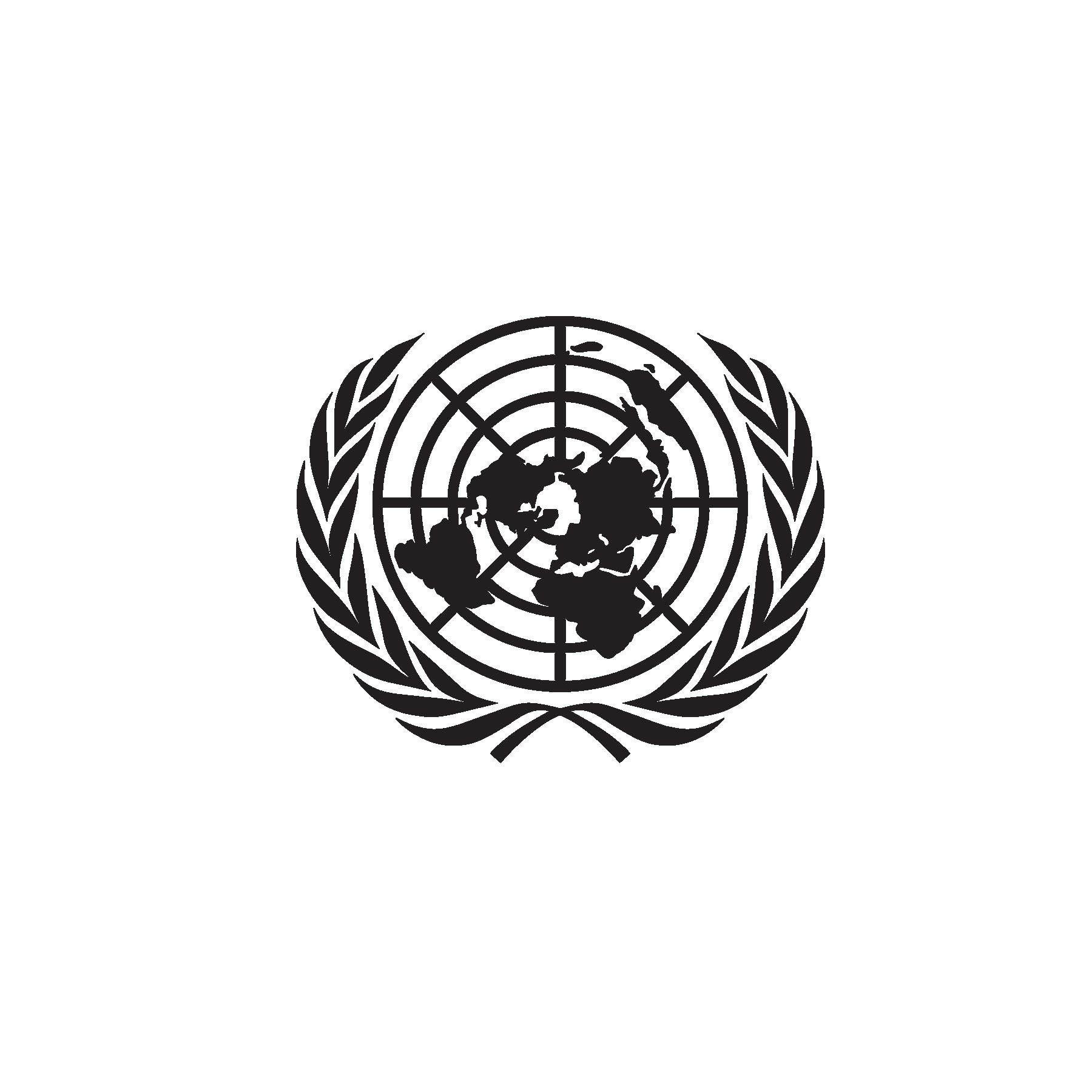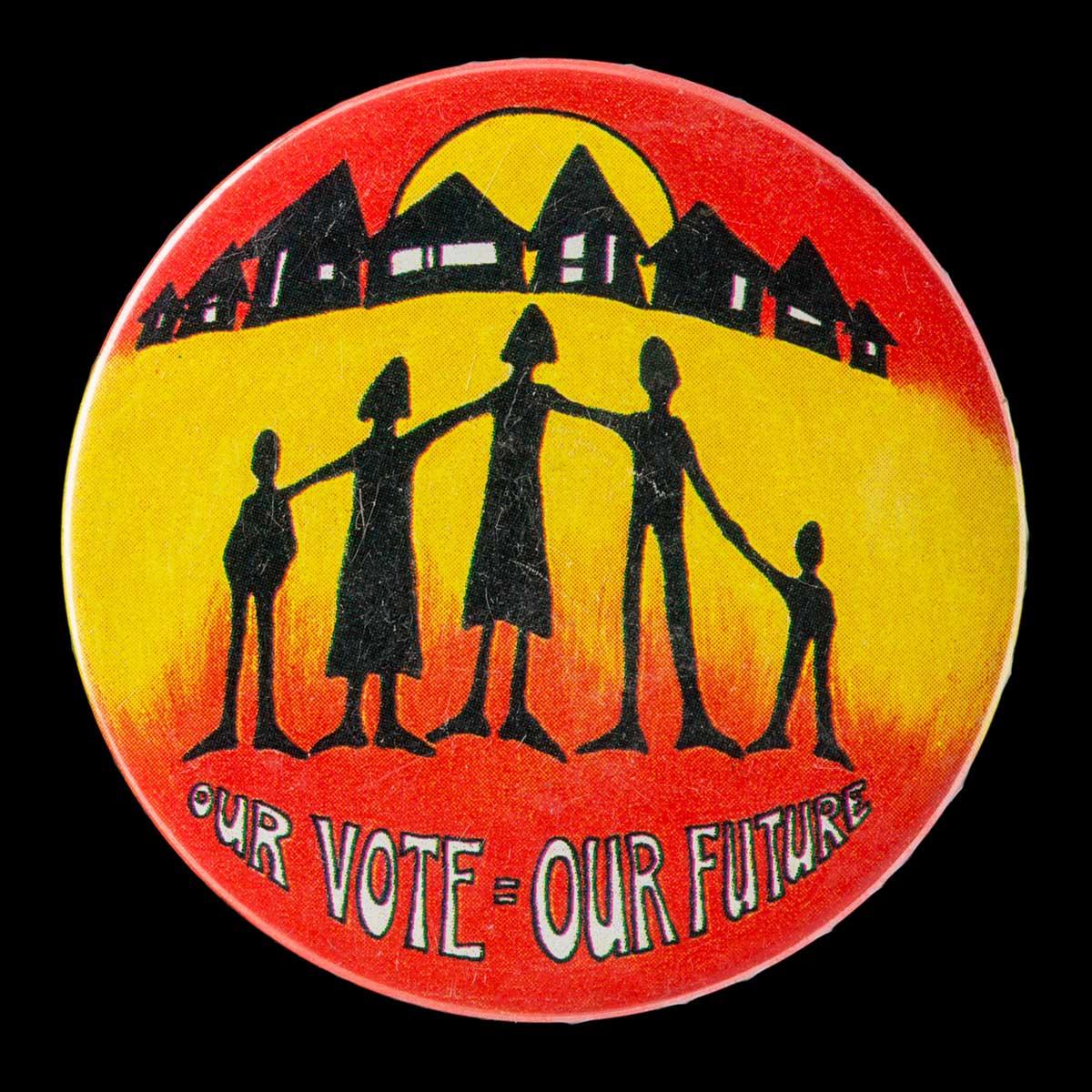Learning module:
Rights and freedoms Defining Moments, 1945–present
Investigation 1: Exploring Aboriginal and Torres Strait Islander rights through key Defining Moments
1.2 1948 United Nations Universal Declaration of Human Rights
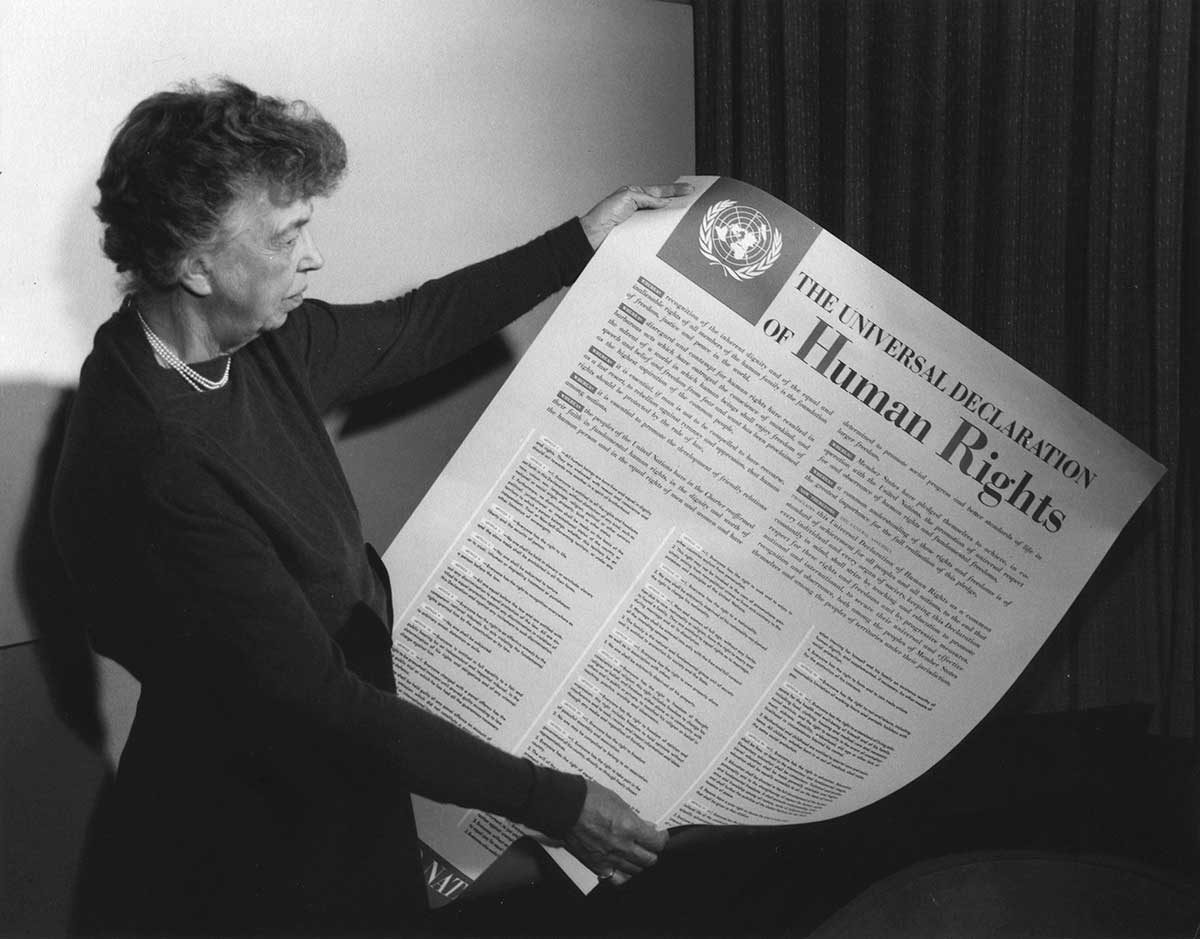
It is 1948. The new United Nations is meeting in New York to list a set of universal human rights.
Two Australians, Dr Herbert Vere Evatt and Jessie Street, are important individuals in the creation of the new document.
How will this new statement of universal human rights affect Aboriginal and Torres Strait Islander Australians?
Here are the basic rights set out in that document:
|
Article 1 |
Right to equality |
||
|
Article 2 |
Freedom from discrimination |
||
|
Article 3 |
Right to life, liberty and personal security |
||
|
Article 4 |
Freedom from slavery |
||
|
Article 5 |
Freedom from torture and degrading treatment |
||
|
Article 6 |
Right to recognition as a person before the law |
||
|
Article 7 |
Right to equality before the law |
||
|
Article 8 |
Right to remedy by competent tribunal |
||
|
Article 9 |
Freedom from arbitrary arrest and exile |
||
|
Article 10 |
Right to a fair and public hearing |
||
|
Article 11 |
Right to be considered innocent until proven guilty |
||
|
Article 12 |
Freedom from interference with privacy, family, home and correspondence |
||
|
Article 13 |
Right to free movement in and out of the country |
||
|
Article 14 |
Right to asylum in other countries from persecution |
||
|
Article 15 |
Right to a nationality and the freedom to change it |
||
|
Article 16 |
Right to marriage and family |
||
|
Article 17 |
Right to own property |
||
|
Article 18 |
Freedom of belief and religion |
||
|
Article 19 |
Freedom of opinion and information |
||
|
Article 20 |
Right of peaceful assembly and association |
||
|
Article 21 |
Right to participate in government and in free elections |
||
|
Article 22 |
Right to social security |
||
|
Article 23 |
Right to desirable work and to join trade unions |
||
|
Article 24 |
Right to rest and leisure |
||
|
Article 25 |
Right to an adequate living standard |
||
|
Article 26 |
Right to education |
||
|
Article 27 |
Right to participate in the cultural life of the community |
||
|
Article 28 |
Right to a social order that articulates this document |
||
|
Article 29 |
Community duties essential to free and full development |
||
|
Article 30 |
Freedom from state or personal interference in the above rights |
||
The full text of the Universal Declaration of Human Rights is available on the United Nations website.
1. Look at the list of 30 basic human rights that were declared to be universal. From your knowledge of the situation of Aboriginal and Torres Strait Islander people in Australia up to 1948, which of these 30 rights were not generally enjoyed by those people at that time?
2. What was the significance of the Universal Declaration of Human Rights for Aboriginal and Torres Strait Islander people’s rights?
3. How would this event have influenced the development of Aboriginal and Torres Strait Islander people’s rights over time?
Read more in the Defining Moment in Australian history: 1945 Australia plays a leading role in founding United Nations.






